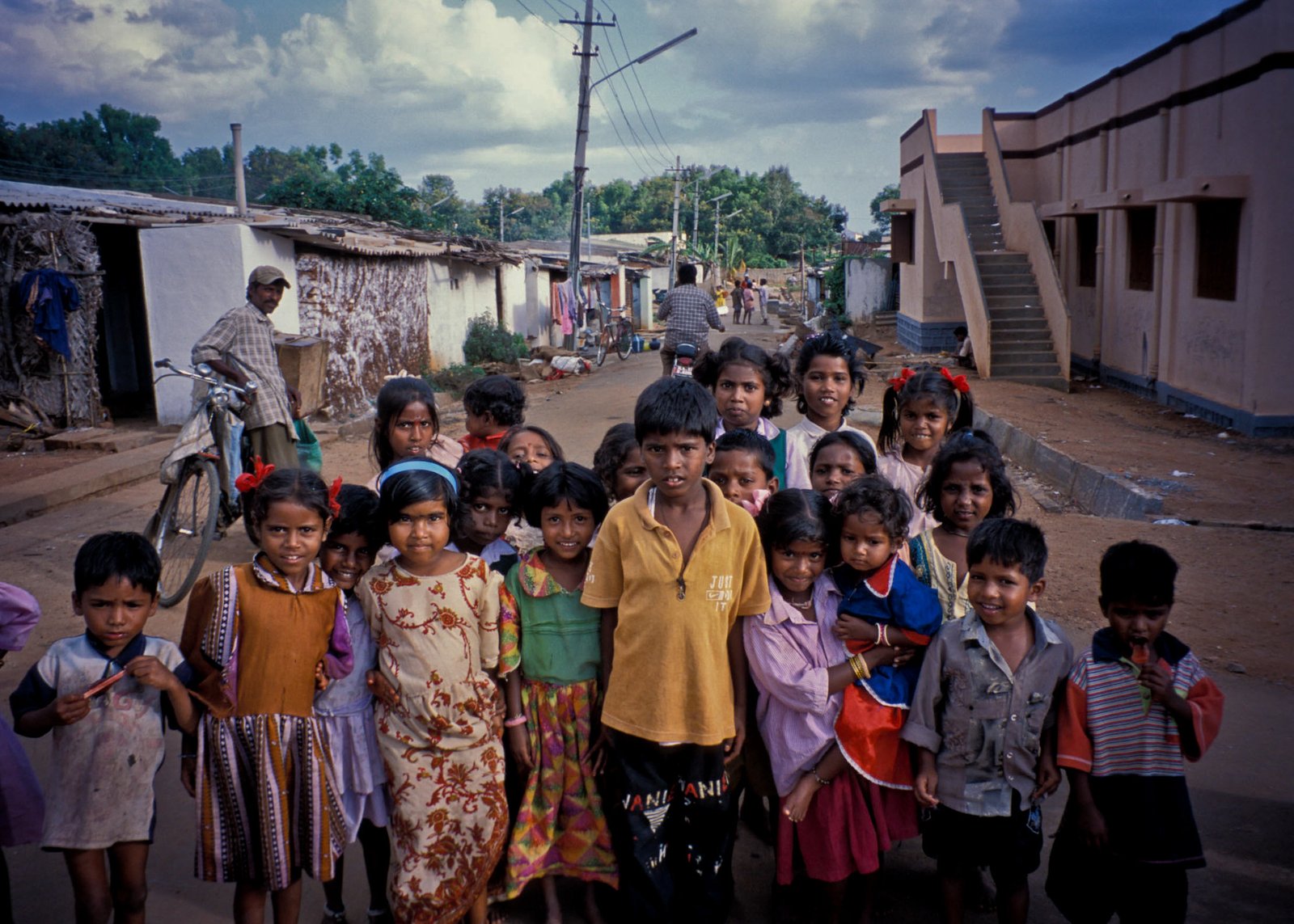Child poverty is perhaps something that doesn’t spring to mind when thinking about wealthier countries like the UK. However, statistics show that it has increased for the third successive year so it now touches the lives of 4.1 million British children. In other words, in a typical classroom, 9 out of the 30 students will be in a household surviving on less than 60% of the median living wage.
One of the major reasons for the increase in child poverty has been a lack of job insecurity. Working practices like zero hour contracts make it impossible for parents to budget and cover their household’s needs. The other reason has been the enormous reductions in state benefits. Limitations on state aid like child tax credits and a freeze on child benefit have especially hit single-parent households and families with more than two children.
It is of course possible for households to seek financial aid from an instant payday loans directlender. Reputable firms are FCA authorised to show that they follow reputable business practices. Despite the financial boost this gives to struggling households, this can be little more than a stop-gap measure until the underlying problems are solved.
Apart from missing out on the simple joys of childhood such as family outings, child poverty also has an effect on children’s health. This starts from a very young age. The birth-weight of infants in deprived areas is 200g less than those from wealthier backgrounds. They also suffer more acute infections. These can be made worse because parents don’t seek medical assistance sooner as it might mean absence from work and their fear of being fired, or could be a result of general neglect since parents are more stressed about keeping a roof over the family’s head.
Some respiratory problems suffered by poverty-stricken children are a direct result of inadequate, overcrowded and poorly-heated housing. This factor also leads to more poor children being injured or killed in an accident or fire as there’s no safe place for them to play.
Food insecurity also means that these children never reach their optimum growth. Cheaper food isn’t always the best for meeting their nutritional needs as they’re growing. Even treatments like speech therapy are harder to access at an earlier age because of all the budget cuts affecting the NHS.
The Child Poverty Action Group is a charity which aims to prevent child poverty. In research they carried out with the Royal College of Pediatrics & Child Health, two-thirds of pediatricians said that child poverty contributed ‘very much’ to the range of physical and mental health issues which they were seeing frequently in their patients.
In separate research conducted by the London School of Economics, they found that there was a causal relationship between child poverty and later child outcomes. More so than any other factors, including that of the parents’ educational level. Statistics tend to suggest that the effects of child poverty are still felt decades later.
